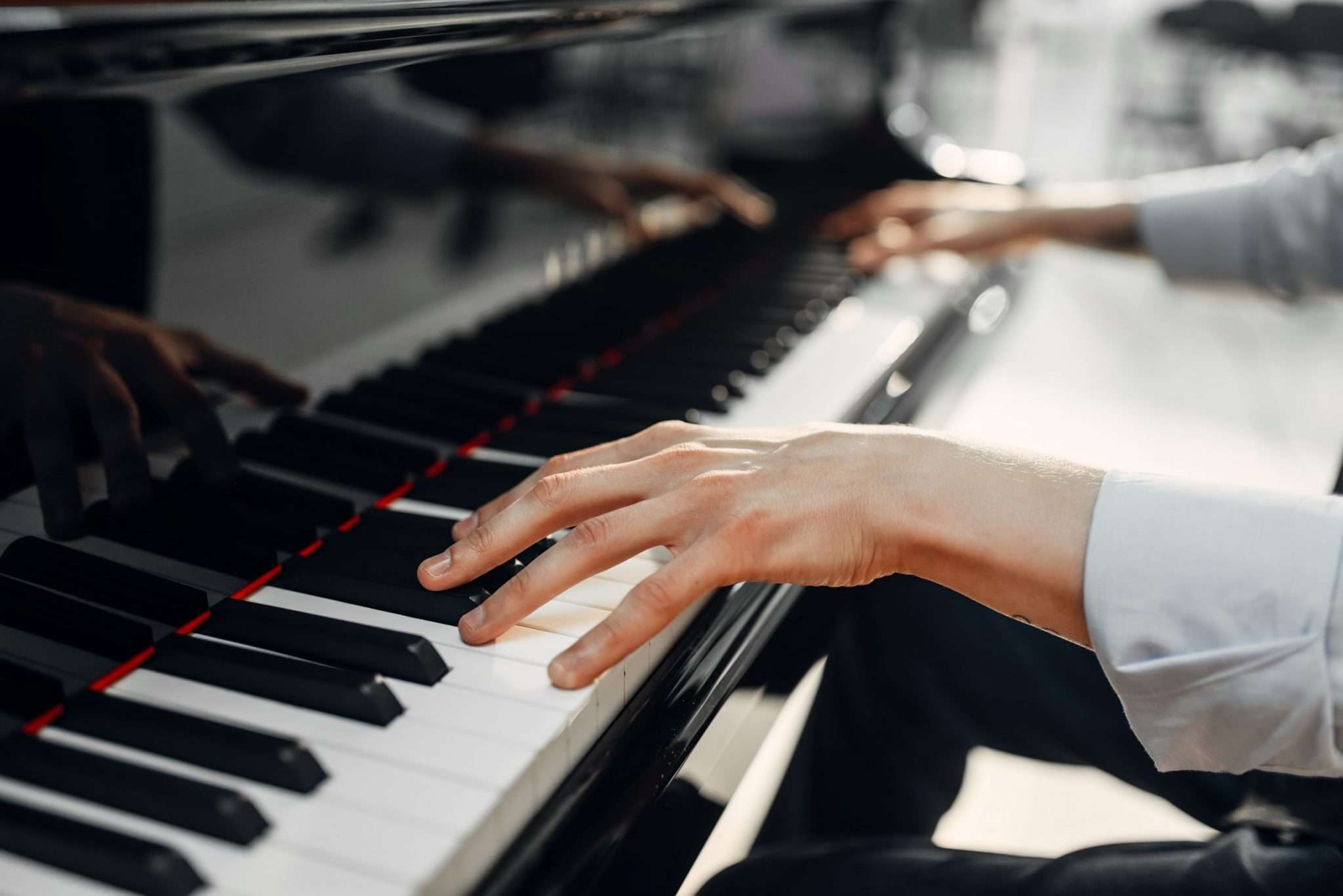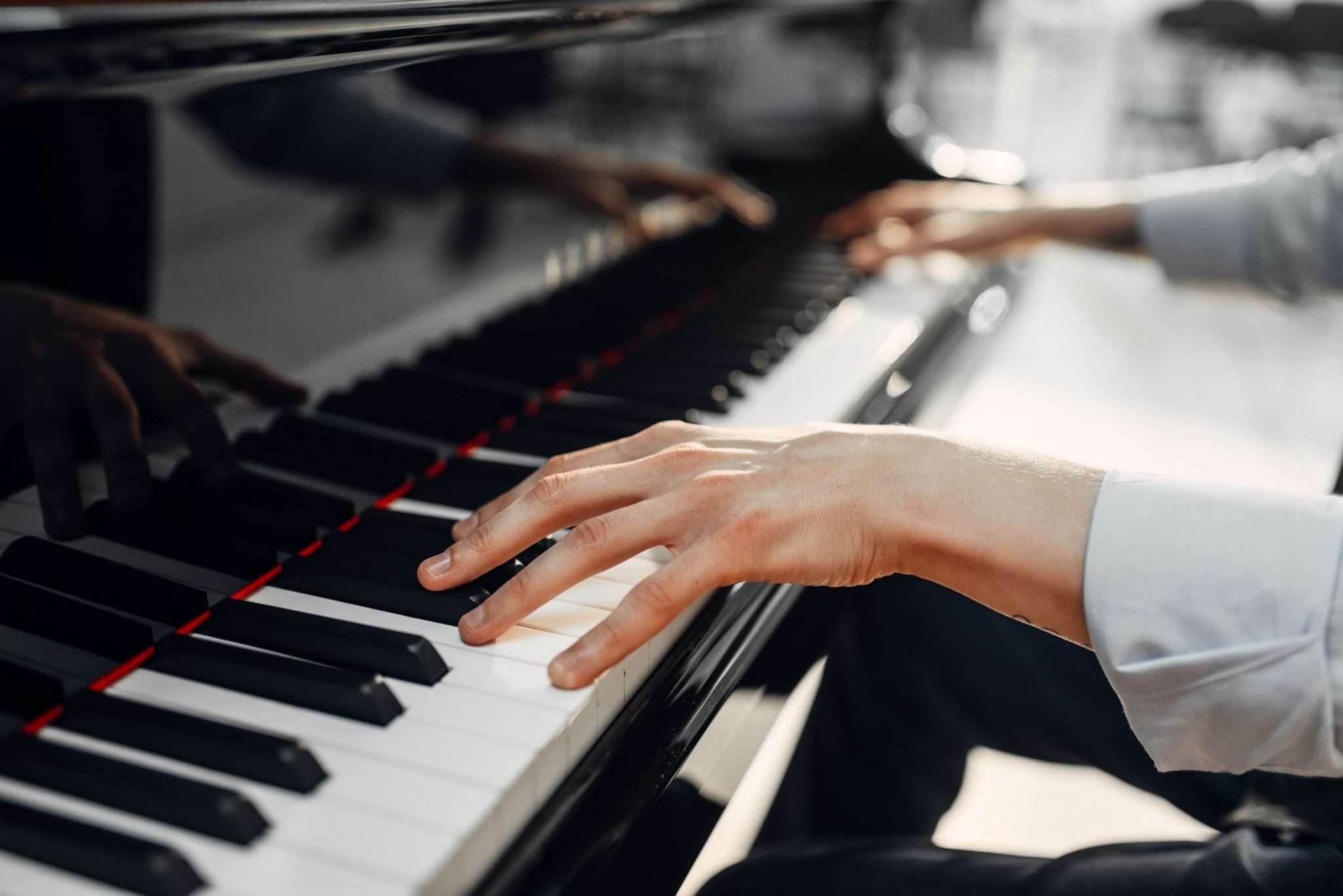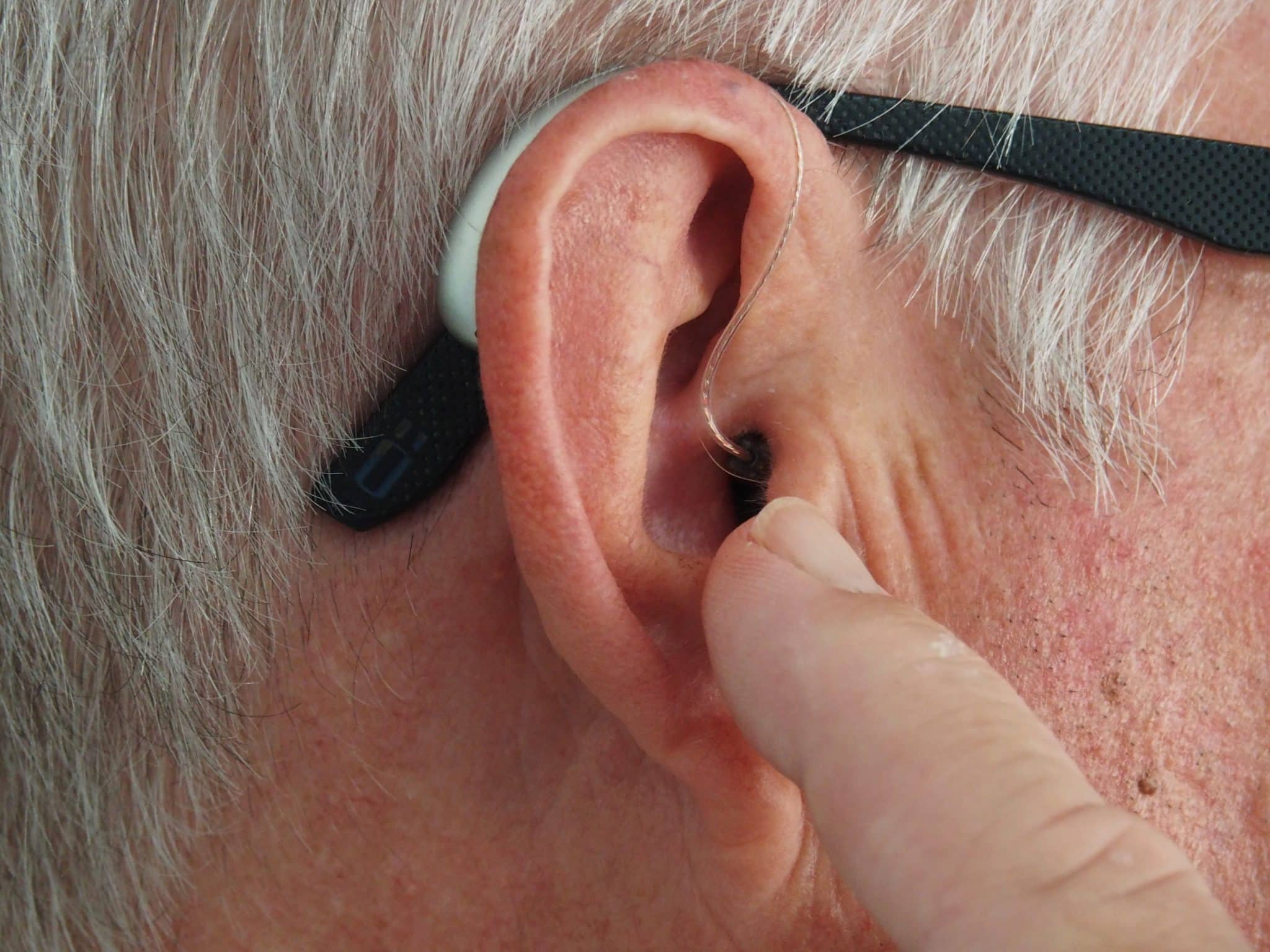 As the prevalence of hearing loss among the younger population segments soars,
As the prevalence of hearing loss among the younger population segments soars, the finger is usually pointed at the typical culprit: loud music. With the proliferation of iPods, thumping clubs and loud concerts, the current generation of 15-35 year olds (including the team at
Audicus Hearing Aids) has been exposed to more excessive decibels than any generation before that. In fact, a study done by England's Royal National Institute for the Deaf (RNID) showed that social noise levels have
tripled since the 1980s.
But what is it about loud music that gives us such a high? Sure, there’s the energy and excitement that comes with the sensory overload of an amazing concert or dance floor. Who hasn’t been through the almost transcendental experience of really living the music in a packed concert with thousands of other aficionados? That base line permeating our interiors? Music, especially loud and unquestionable music, seems to provide the unifying glue and gets everyone in tune with the overall experience.
But there also seems to be a more physical explanation. Our inner ear contains a tiny organ called the Sacculus, which contributes far more to our sense of balance rather than holding major auditory functions. Various studies (see
Dr. Barry Blesser’s great paper on that) have shown that the Sacculus has neural links to those parts of the brain that are responsive to all forms of pleasure. Interestingly, the Sacculus reacts to low frequency sounds at volume levels above 90dB – which is exactly the terrain of a loud base line! It seems that loud concerts and dance halls are thus ideal to stimulate this tiny organ.

To quote Dr. Blesser:
“Raising the loudness of music, like a double shot of whiskey, elevates the intensity of the experience. […] When engaging in a group activity, human beings function as if their brains were connected. Young women who live together find that their menstrual cycles become synchronized. Similarly, rhythmic hand clapping at a concert illustrated sensory motor synchronization. Synchronized brains produce strong group cohesion and a loss of individuality, which is why the military uses marching bands and why political rallies rely on loud music. Dancing to loud music is the obvious synchronization of mind and body. Loud music synchronizes the brains of listeners."
However, our ears aren’t made to sustain exposure to sounds louder than 85dB without facing some form of damage. The majority of clubs operate well above 100dBs. The result of over-exposure can often lead to a “ringing” in your ears, which indicates the hair cells in your inner ear becoming damaged. While it can take a few days for the ringing to disappear and the hair cells to recover, continued exposure can lead to permanent damage or a constant ringing in your ear (so called Tinnitus). Remember, damaged hearing or hearing loss cannot be cured, it can only be assisted with the help of a hearing aid - so consume music responsibly.
Get smart about the “Don’t Lose the Music” campaign (ran by the RNID), which comes with great information for loud-music geeks. When going to a club or concert, use chill out areas to give your ears a rest, avoid being close to the speakers or consider special earplugs made for musicians.
Give your ears a bit of room and time to breathe; you will need them for many years to come.
Sources: Audicus Hearing Aids, Wikipedia, Barry Blesser, Ph.D, RNID
by Patrick Freuler
 As the prevalence of hearing loss among the younger population segments soars, the finger is usually pointed at the typical culprit: loud music. With the proliferation of iPods, thumping clubs and loud concerts, the current generation of 15-35 year olds (including the team at Audicus Hearing Aids) has been exposed to more excessive decibels than any generation before that. In fact, a study done by England's Royal National Institute for the Deaf (RNID) showed that social noise levels have tripled since the 1980s.
But what is it about loud music that gives us such a high? Sure, there’s the energy and excitement that comes with the sensory overload of an amazing concert or dance floor. Who hasn’t been through the almost transcendental experience of really living the music in a packed concert with thousands of other aficionados? That base line permeating our interiors? Music, especially loud and unquestionable music, seems to provide the unifying glue and gets everyone in tune with the overall experience.
But there also seems to be a more physical explanation. Our inner ear contains a tiny organ called the Sacculus, which contributes far more to our sense of balance rather than holding major auditory functions. Various studies (see Dr. Barry Blesser’s great paper on that) have shown that the Sacculus has neural links to those parts of the brain that are responsive to all forms of pleasure. Interestingly, the Sacculus reacts to low frequency sounds at volume levels above 90dB – which is exactly the terrain of a loud base line! It seems that loud concerts and dance halls are thus ideal to stimulate this tiny organ.
As the prevalence of hearing loss among the younger population segments soars, the finger is usually pointed at the typical culprit: loud music. With the proliferation of iPods, thumping clubs and loud concerts, the current generation of 15-35 year olds (including the team at Audicus Hearing Aids) has been exposed to more excessive decibels than any generation before that. In fact, a study done by England's Royal National Institute for the Deaf (RNID) showed that social noise levels have tripled since the 1980s.
But what is it about loud music that gives us such a high? Sure, there’s the energy and excitement that comes with the sensory overload of an amazing concert or dance floor. Who hasn’t been through the almost transcendental experience of really living the music in a packed concert with thousands of other aficionados? That base line permeating our interiors? Music, especially loud and unquestionable music, seems to provide the unifying glue and gets everyone in tune with the overall experience.
But there also seems to be a more physical explanation. Our inner ear contains a tiny organ called the Sacculus, which contributes far more to our sense of balance rather than holding major auditory functions. Various studies (see Dr. Barry Blesser’s great paper on that) have shown that the Sacculus has neural links to those parts of the brain that are responsive to all forms of pleasure. Interestingly, the Sacculus reacts to low frequency sounds at volume levels above 90dB – which is exactly the terrain of a loud base line! It seems that loud concerts and dance halls are thus ideal to stimulate this tiny organ.
 To quote Dr. Blesser:
To quote Dr. Blesser:




